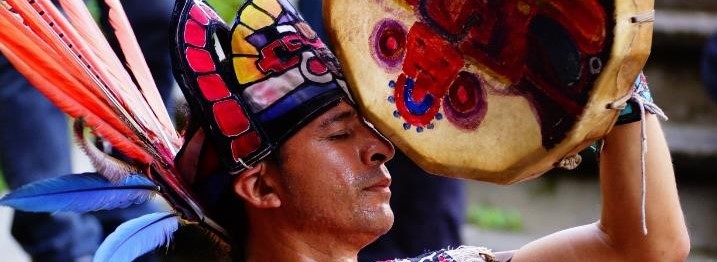IFC has failed to flag Performance Standard 7 (PS7) on indigenous peoples in dozens, if not hundreds, of high- and mid-risk investments
This is the third in a series examining IFC’s implementation of its Indigenous Peoples Performance Standard, PS7. See the first report here, analyzing the 29 projects where PS7 was applied. See the second report here, on IFC’s decision to bypass indigenous protections in the Xinjiang Uyghur Autonomous Region.
In NomoGaia’s 2020 report analyzing IFC investments that applied PS7, we noted that IFC’s implementation of PS7 often hinged on host country regulations and restrictions on indigenous rights. Asked for comment, IFC disputed this characterization:
“IFC conducts its own due diligence to determine PS7 applicability regardless of contextual dynamics in each country.” IFC added, “If you have concerns about specific examples besides those captured below in Table 3, please do share the project names with us.”
IFC conducts its own due diligence to determine PS7 applicability regardless of contextual dynamics in each country.” IFC added, “If you have concerns about specific examples besides those captured below in Table 3, please do share the project names with us.”
Those project names took NomoGaia several months to compile. We found nearly 400 such investments.
In addition, we analyzed several dozen of these cases in detail, finding that IFC clients mischaracterize indigenous communities to avoid securing their indigenous protections in politically sensitive contexts and bypass any indigenous review completely in others.
The reasons PS7 is bypassed are both procedural and substantive in nature.
The procedural implementation gaps result from a shortage of adequate internal processes for IFC personnel to understand what analysis would be necessary of clients to confirm or reject the conclusion that indigenous peoples are present. These include expertise gaps in ESIA consulting teams as well as gaps in IFC’s own understanding of how indigenous peoples experience impacts.
The substantive implementation gaps reflect more challenging issues. From 2012 to 2016 IFC and clients sometimes identified affected indigenous peoples but opted not to trigger the PS7 safeguard. This approach ended in 2016, but indigenous communities identified on previous project documents were scrubbed from public summaries on several occasions. Throughout the 2012-2020 period, in regions like Xinjiang Uyghur Autonomous Region, Kashmir, and the Peruvian Andes where governments reject the indigeneity of native populations, IFC hews to government preferences.
The report recommends that IFC establish clearer screening, appraisal and surveillance approaches for PS7 to guide loan officers and E&S specialists in implementing appropriate protections for indigenous peoples. Institutionally, it recommends that IFC give its commitment to indigenous rights primacy over politics, both to reify its climate goals and to give meaning to the principle of equitable development.



